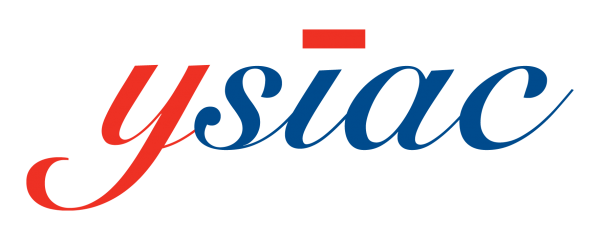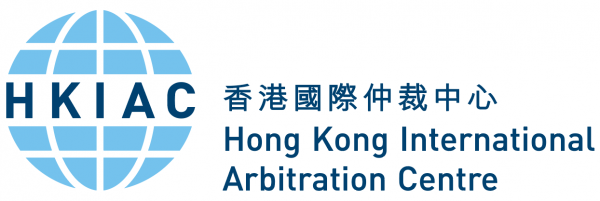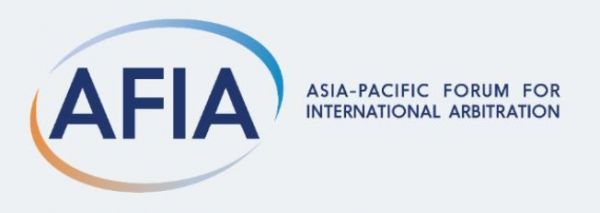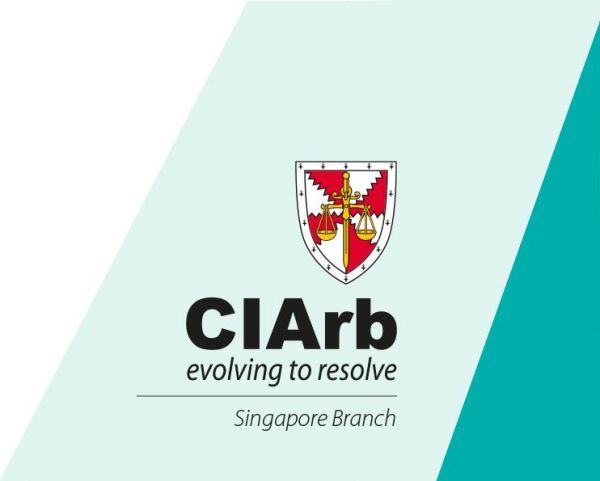Subscribe to AIJA updates
The latest events, news, articles, and resources, sent straight to your inbox
Connect to your MyAIJA account to discover who from your network is attending this event.
Welcome to Singapore! AIJA’s International Arbitration Commission is pleased to invite you to celebrate the ten-year anniversary of its Annual Arbitration Conference in one of the most renowned arbitration hubs of the world.
Join us in Singapore to participate in highly interactive workshops and panels where we will reflect on some of the most profound transformations that have taken place in the practice of international arbitration for the past ten years and debate, with the lead of a stellar and diverse group of forward-looking moderators and panelists, whether international arbitration is heading in the right direction. Have users' concerns regarding efficiency and costs in international arbitration been sufficiently and satisfactorily addressed? Has due process been sacrificed while addressing such concerns? What role will third party funding play in the future of international arbitration? Is it fundamental for arbitration’s survival? What regulations, if any, should govern third party funding? Is international arbitration transparent enough today? Or have we taken transparency a step too far, or a step too short? Is the arbitration community up to date in terms of using IT tools? What will be the role of artificial intelligence in the future of international arbitration? Will cross-institutional consolidation be adopted by the different leading arbitration institutions? What other potential areas of innovation and future trends should we look in international arbitration? What does the future hold for the investor-state dispute resolution system? Are the criticisms aimed at it justified and founded, or are critics missing the mark?
This enriching discussion will be complemented by an amazing social program that will bring the very best of the AIJA spirit and reward all of us with the enjoyment of the countless sights, sounds and tastes of the multicultural and vibrant city-state of Singapore.
Our event is supported by:





By registering you have to accept the general terms and conditions and accept that your registration is considered binding immediately, but participation to the event is possible only after full payment of the registration fee.
Please note that any arrangements related to the participation of the participant in an AIJA event, including but not limited to booking or cancellation of accommodation or flights, as well as respecting the cancellation deadlines indicated in the general terms and conditions, are the sole responsibility of the participant. AIJA shall not be held liable for any expenses the participant may suffer as the result of participant’s failure to comply with his/her obligations.
It is recommended for each participant to purchase a cancellation and travel insurance.
Please note that in-house counsel registrations are subject to review and confirmation by AIJA. AIJA considers in-house counsel professionals who hold a university degree in law allowing access to a bar association and practicing law as an in-house counsel in private, public, or non-profit companies, institutions or organisations. Please note that in-house counsel who are at the same time active as fee-earning lawyers or consultants are not eligible to the discounted in-house counsel fee.
Please read the general terms and conditions applicable for AIJA events.
If you are a lawyer under 35 years old and meet the requirements, apply to our Scholarship Programme for this event. You can check more details here.
Accommodation
Please reserve your room at the Hotel Oasia Downtown.
Hotel address: 100 Peck Seah Street, Singapore 079333
To reserve your room, please contact fatinmy@fareast.com.sg
The personal data that you communicate to us shall be processed by the International Association Of Young Lawyers (AIJA), with its registered office at Avenue de Tervueren 231, 1150 Brussels, Belgium (Tel: +32 2 347 33 34 - office@aija.com), in accordance with Act No. 78-17 of January 6, 1978 relating to data, files and freedoms and Regulation No. 2016/679 on data protection, as of its entry into force on May 25, 2018.
Your data will be managed by AIJA's General Services, Events and Accounts Section:
To the extent necessary for the execution of their respective tasks, our subcontractors in charge of our seminar organisation, our IT infrastructure, our management, the production and maintenance of our website and extranet, are likely to gain access to your data from time to time. Their servers are located in the European Union.
Data relating to your participation in the event shall be stored for a period of 10 years. We are obliged to archive billing data until the end of the period required for our tax and accounting obligations, i.e. for 7 full tax years.
We shall store your contact information to keep you informed until you ask us to stop. You have the right to access your data and have it corrected if necessary.
The latest events, news, articles, and resources, sent straight to your inbox